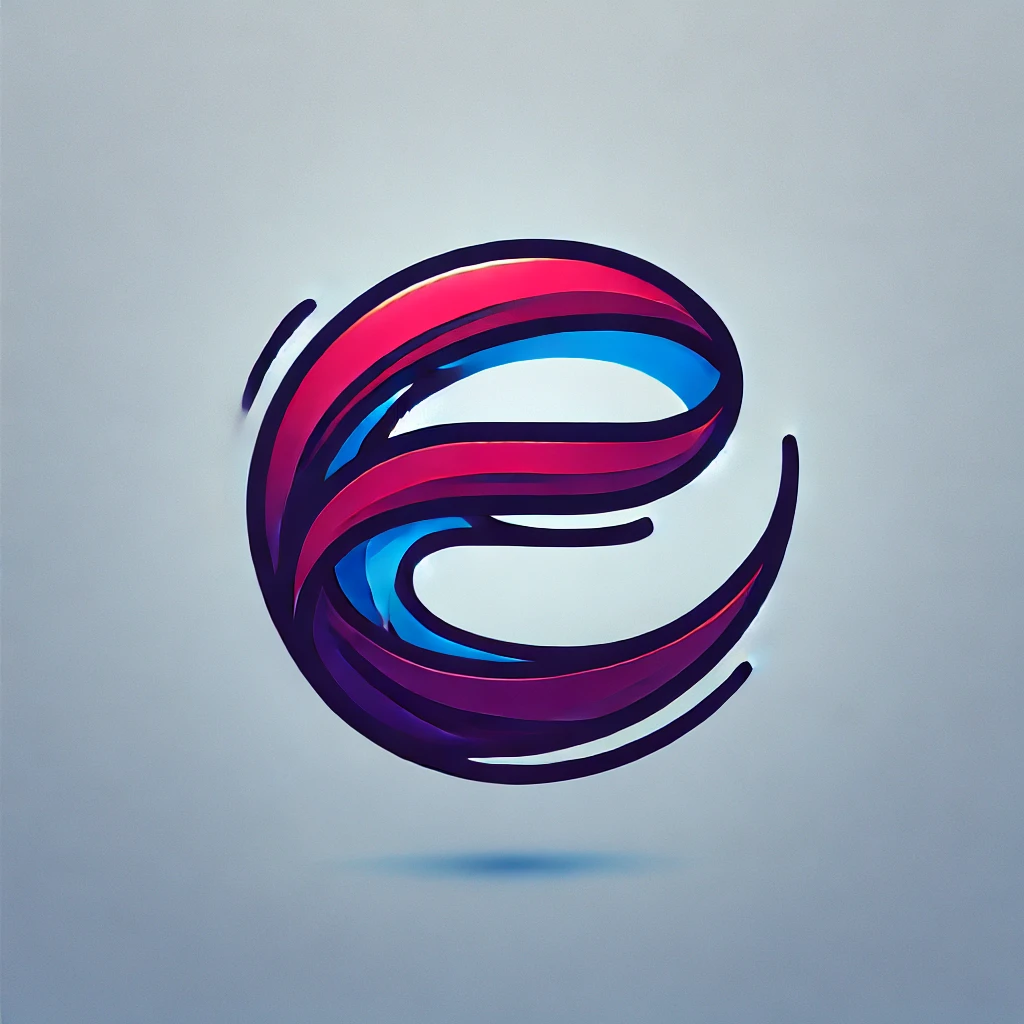How I start my day
I don't wake up so much as reboot -- and some mornings, I boot into safe mode.
When I wake up, my brain is already searching for an axis of spin. I used to check my e-mail. Now I open Emacs. It doesn’t quiet my thoughts, but it gives them better access. And that’s enough.
My mornings start in a single file — a kind of personal logbook that includes the date, the current “season” (which I made up), and a quote if something’s rattling around in my head. But the heart of it is my Morning Check-In, a short, structured journal that helps me get traction before the day picks up speed.
It opens with a key-chord (Ctrl-m j), and it looks something like this:
* 1744548738 Sun Apr 13 07:52:19 CDT 2025
Today is Pungenday, the 30th day of Discord in the YOLD 3191
* Temporal Context: 💤 The Dream Archive / 🌫️ The Drift Season
Time is an illusion. Morning doubly so.
-- Douglas Adams
* Morning Check-In
** Snapshot
- Mood: solid 6.5
- Energy: buzzy but uneven
- Mental Weather: cloudy with flashes of overplanning
** What's Swirling?
- Need to get the ceiling trim up before anyone sees it
- That API thing I was supposed to circle back to last week
- Also I kinda want to rearrange the entire Emacs config again?
** What’s Pulling Me?
- Drawn toward: fixing everything at once
- Avoiding: actual focused effort on one thing
- Might be better to: choose one low-stakes task and finish it
** Bias / BS Radar
- [X] Impostor vibes
- [ ] Negativity loop
- [ ] I’m fine™ when I’m not
- [X] Too many tabs open
- [ ] Just tired, actually
** Reset Options (Pick One or Skip)
- [ ] Coffee + walk
- [X] 5-minute scribble
- [ ] Name the feeling and move on
- [ ] Let it spin
- [ ] Something sillier: Refile old inbox notes as if they're lost scrolls
** Tiny Wisdom
- You’ve done hard things before. Finish one thing today, even if it’s tiny.
I make no particular effort to fill out every line. Some days I skip the wisdom. Some days I just click a checkbox and move on. But even the act of opening this slows me down enough to think instead of flail. It reminds me I don’t have to solve everything — I just have to listen long enough to figure out where I am.
In itself, this isn't a lifehack productivity system. It's just a ritual that meets me where my mind already is: in motion, a little chaotic, but reachable.
If your mornings feel like being dragged behind a truck made of stray thoughts and browser tabs, maybe try a check-in of your own. Doesn't have to be mine. Certainly doesn’t have to be in Emacs. But Emacs gives me the right mix of rhythm and resistance — just enough friction to keep me from skidding out.
How I start my day isn’t perfect. But it’s mine; it works; and it helps me lean into focus.
Why I think this works
Look, I’m not running a lab here, or claiming universal truth. But for a brain like mine — fast, nonlinear, distractible, always mid-thought — this little ritual helps. It doesn’t fix everything, but it tilts the odds in my favor.
Here’s what I’ve noticed:
- It limits decision fatigue. First thing in the morning, everything is a choice — and every choice burns energy. This check-in keeps me from spending that energy before I even brush my teeth. I know what I’m doing. I don’t have to invent it from scratch. Later on, I'll talk about the "Better-To" system I use to reduce decision fatigue even more.
- It regulates my emotions without me trying to “fix” them. Just naming what’s going on — “cloudy with flashes of overplanning,” say — gives me some distance. It’s not a meltdown, just the weather.
- It gives me a foothold in the day. ADHD can make every task feel like a coin toss — will I follow through or vanish into browser tabs? This morning log gives me something I already know how to do. One win before the world starts spinning sets the tone for the rest of the day.
- It builds habits the only way they stick for me: through rhythm, not pressure. Because it’s tied to something I already love (Emacs), it doesn’t feel like “extra.” It’s just how the day starts, like a cup of coffee for my brain.
- It’s mine. This format, this system, this language — it’s shaped around how I actually think. Not some productivity guru’s fantasy of discipline. That’s why I keep coming back to it: It fits.
So no — it’s not a cure. But it’s a kind of clarity. And for a mind like mine, clarity is gold.
